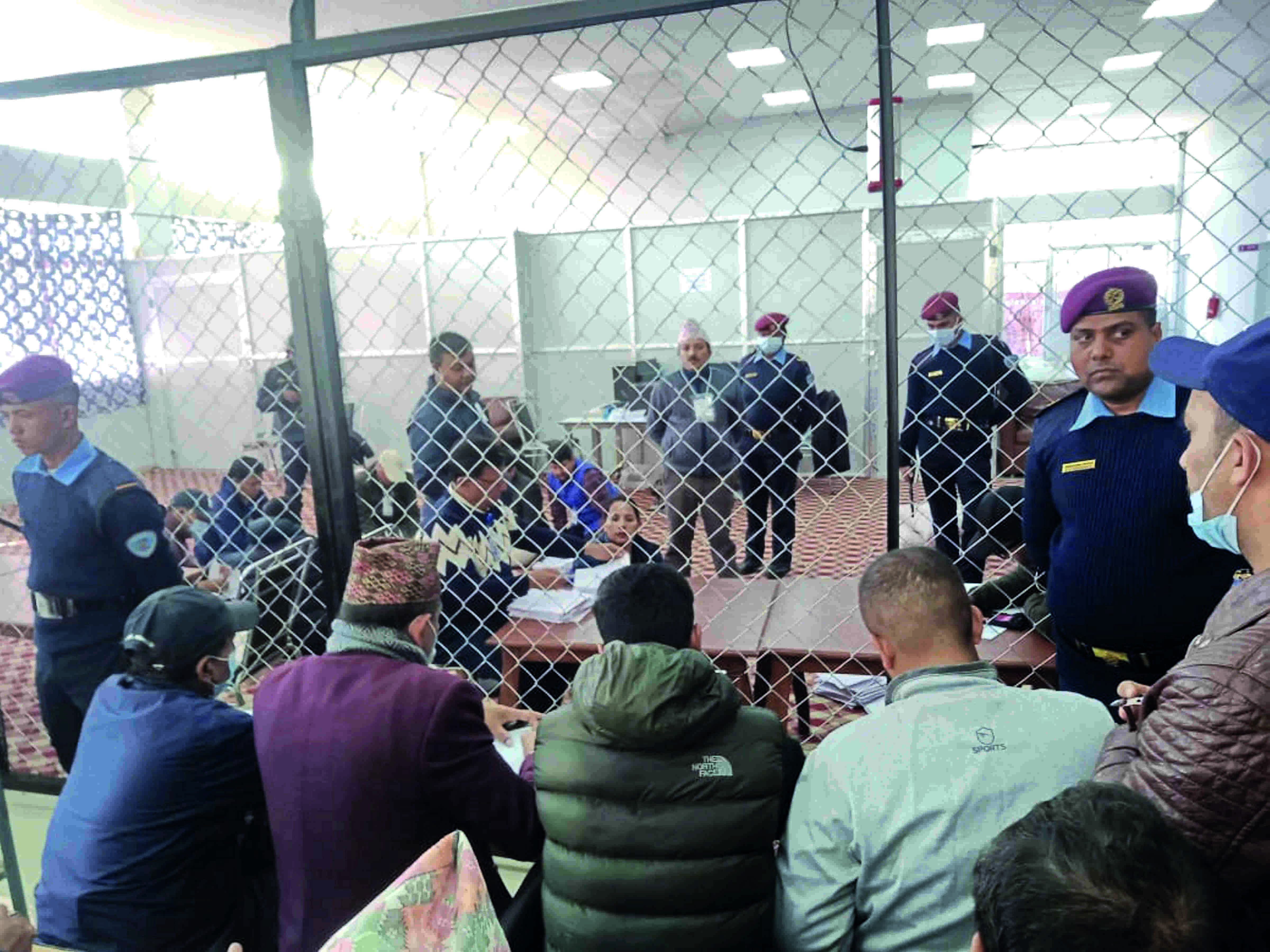Lesser known RSP emerging as dark horse in Nepal polls

Kathmandu: The Rastriya Swatantra Party, floated by a former television personality, has emerged as the dark horse in the Nepal elections, coming third behind heavyweights like the Nepali Congress and the CPN-UML, and leading in seven constituencies.
The counting of votes started after elections to House of Representatives and seven provincial assemblies were held on Sunday.
According to the Election Commission, about 61 per cent polling was recorded across the Himalayan nation.
The Rastriya Swatantra Party (RSP) is floated by Rabi Lamichhane, a 48-year-old former television personality, who shot to fame while attempting to set the Guinness world record for hosting the longest-ever marathon talk show in 2013.
The RSP is currently leading in three constituencies in Kathmandu and one in Lalitpur district.
The ruling Nepali Congress (NC), which has so far won in one constituency, is leading in 32 constituencies, while CPN-UML led by former prime minister K P Sharma Oli is leading in 17 constituencies.
RSP is leading in 7 constituencies, while the Rastriya Prajatantra Party has the lead in 5 constituencies and CPN-Maoist Centre in 4 constituencies respectively.
Similarly, CPN-Unified Socialist is leading in 4 constituencies, followed by Janamat Party in 2 constituencies and Lokatantrik Samajwadi Party and Hamro Nepal Party in one constituency each.
"The bell is ringing against larger parties," read a social media post, in reference to the bell, which is RSP's election symbol.
The RSP's impressive performance is a wake-up call for larger parties like NC and the CPN-UML, observers said.
They opined that the RSP will not only get the recognition as the national party, but will also be one of the key players in the country's political spectrum over the next five years. Many who have voted for either the Nepali Congress or CPN-UML in the past have sided with the RSP in this election due to their dissatisfaction against the bigger parties, who have failed to check corruption, political observers explained.



